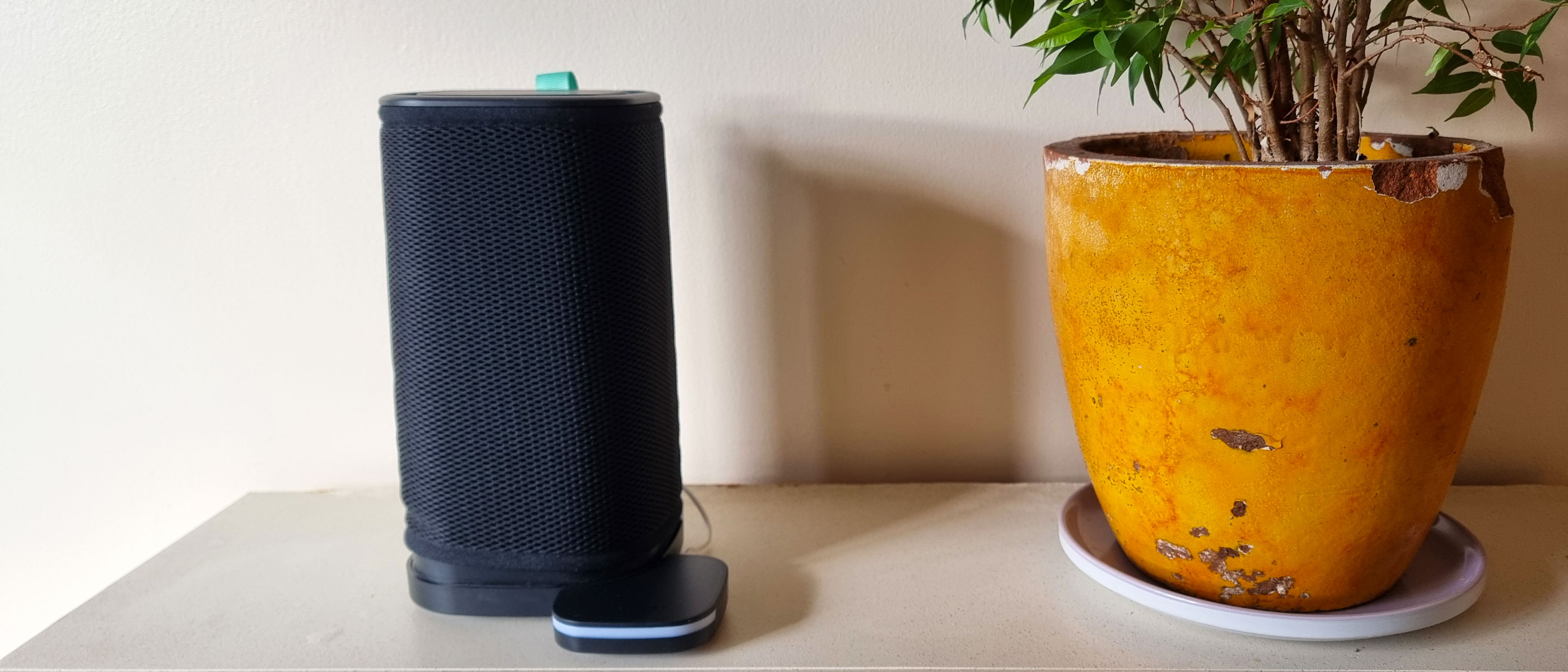Slithery, Slimy: Images of Legless Amphibians
Doting Caecilian Mom
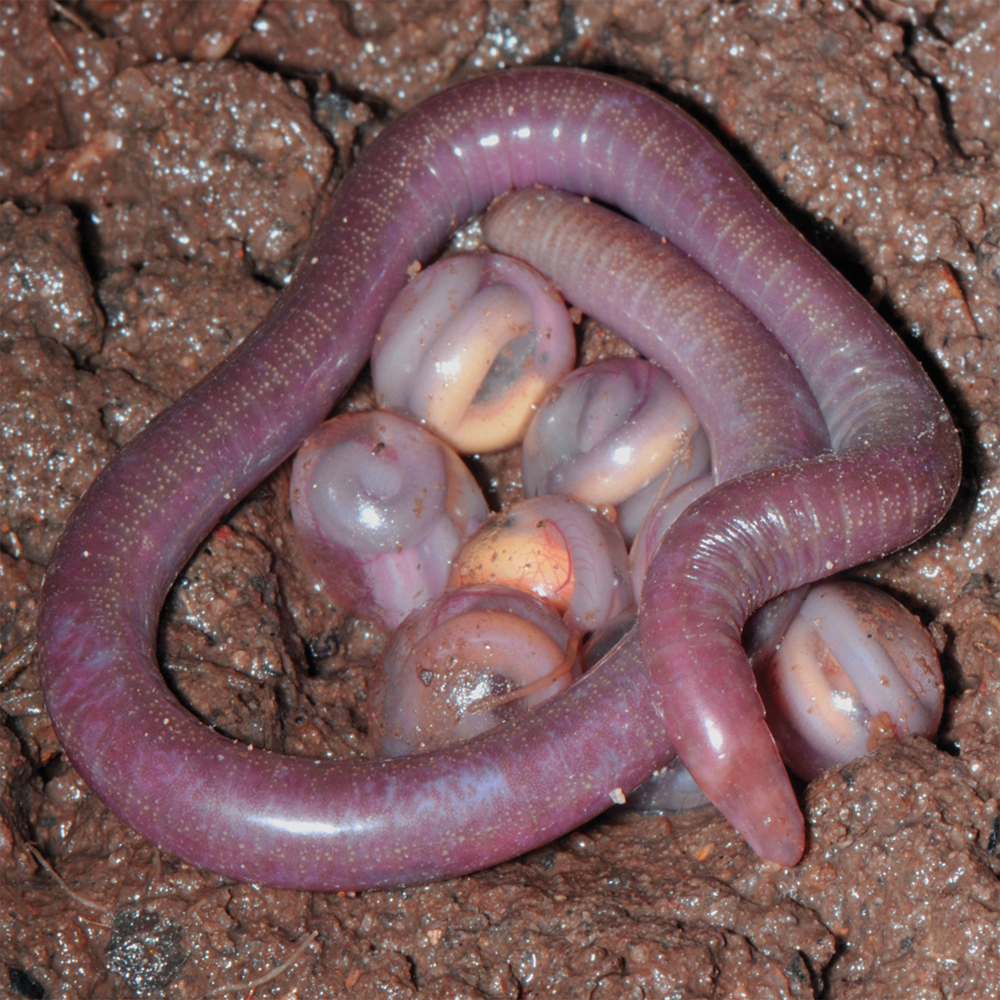
A doting caecilian mother coils around her eggs, which will hatch out mini-adults within two to three months. [Read full story]
Hatching Caecilians
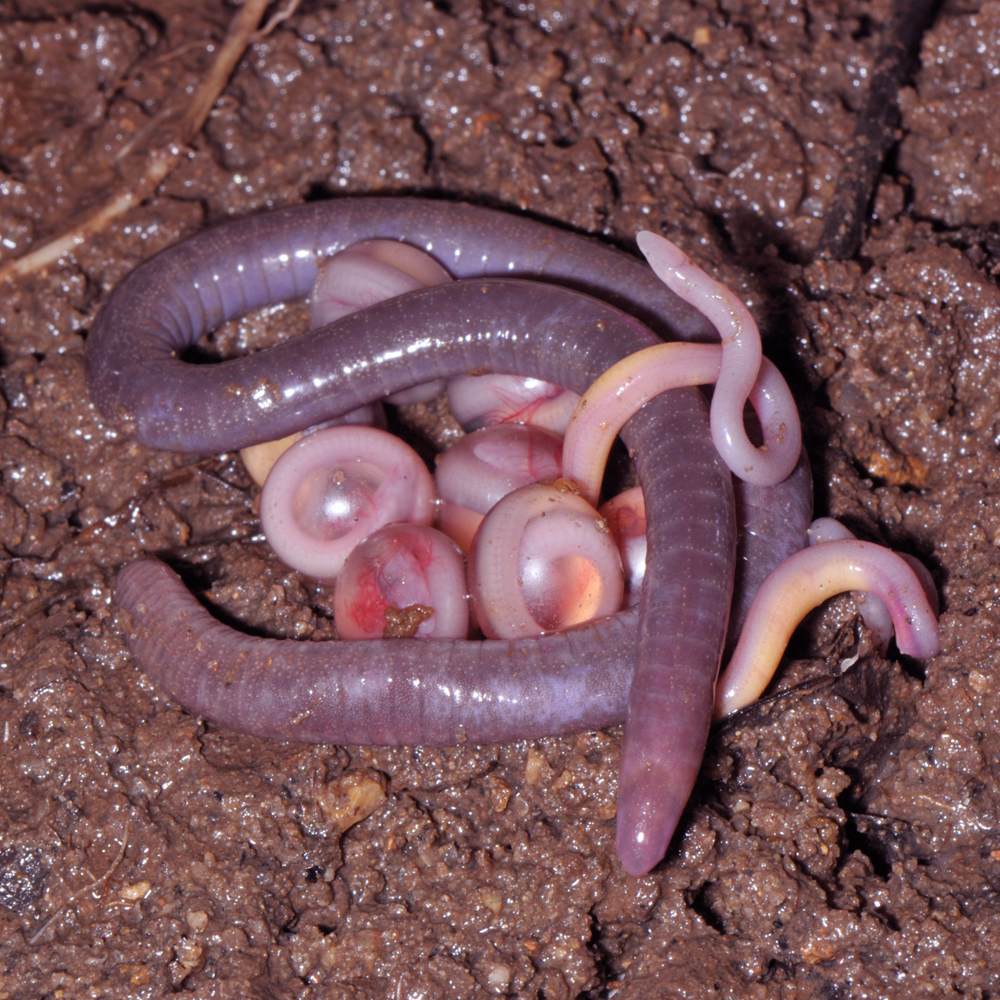
The hatch begins: Baby caecilians have no larval stage and emerge from their eggs as mini-adults.
Don't Count Your Caecilians
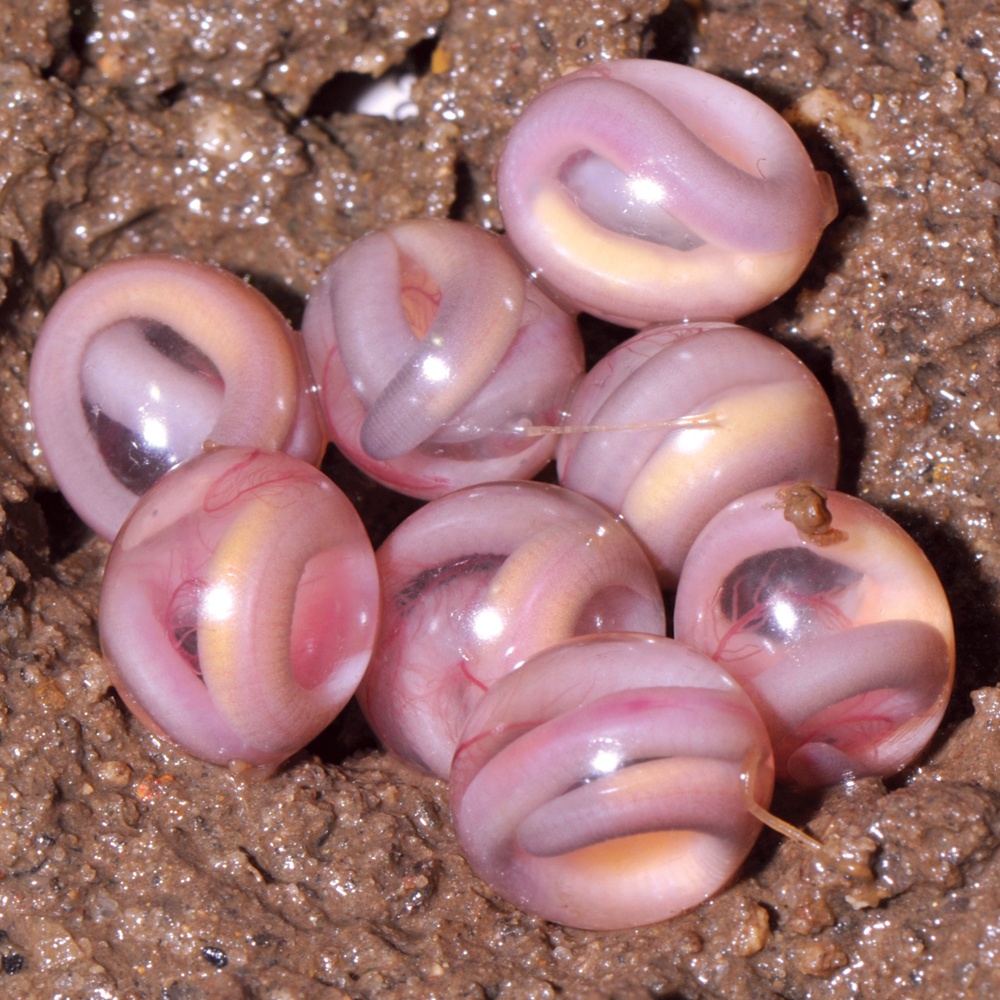
A cache of caecilian eggs. The embryos develop in two to three months.
Caecilian Close-Up
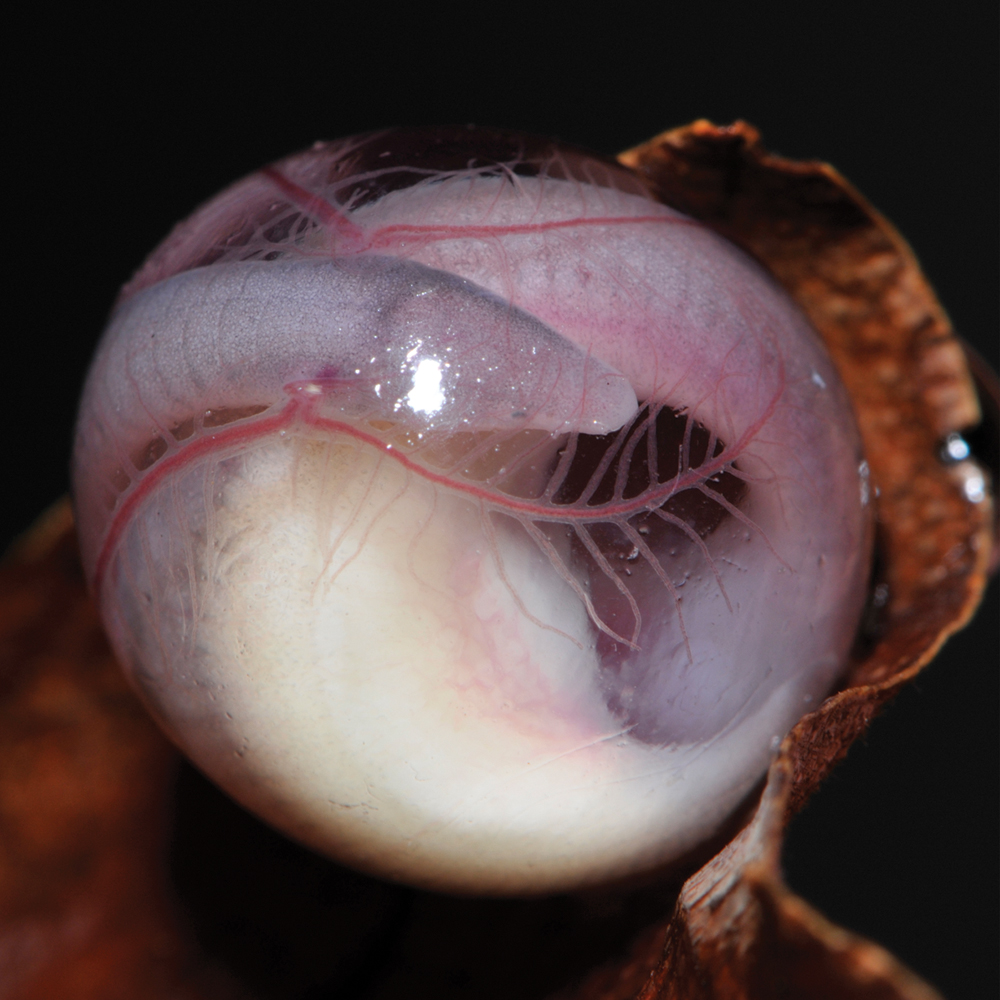
A close-up of a caecilian embryo in its egg. These animals are part of a newly discovered family of legless amphibians in India.
Nesting Mom
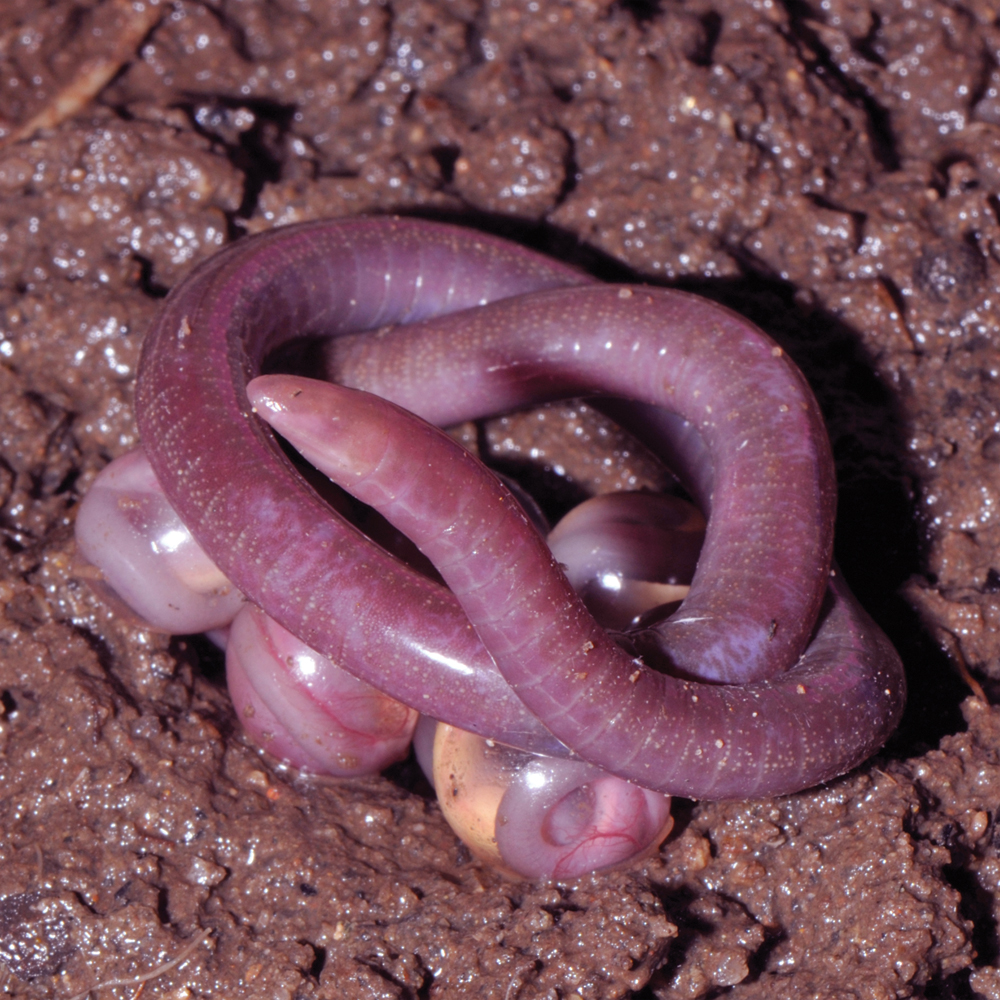
Caecilians are creepy-looking, but they're harmless, shy creatures with little reason to ever emerge from their underground burrows. [Read full story]
Sign up for the Live Science daily newsletter now
Get the world’s most fascinating discoveries delivered straight to your inbox.

Stephanie Pappas is a contributing writer for Live Science, covering topics ranging from geoscience to archaeology to the human brain and behavior. She was previously a senior writer for Live Science but is now a freelancer based in Denver, Colorado, and regularly contributes to Scientific American and The Monitor, the monthly magazine of the American Psychological Association. Stephanie received a bachelor's degree in psychology from the University of South Carolina and a graduate certificate in science communication from the University of California, Santa Cruz.










